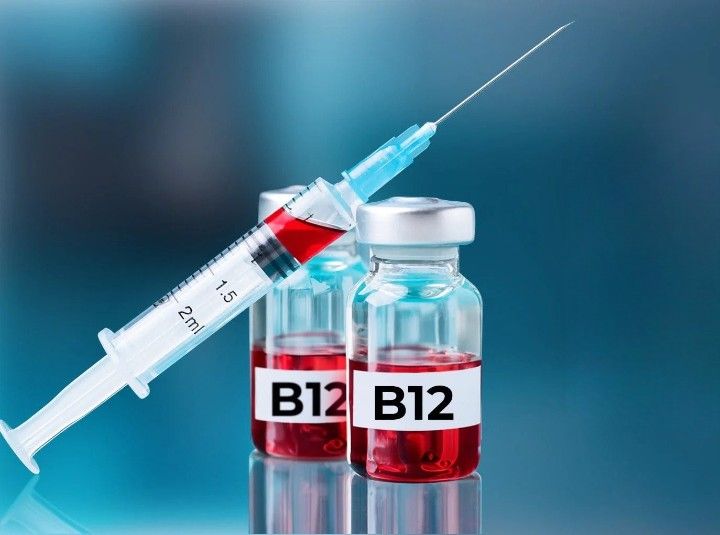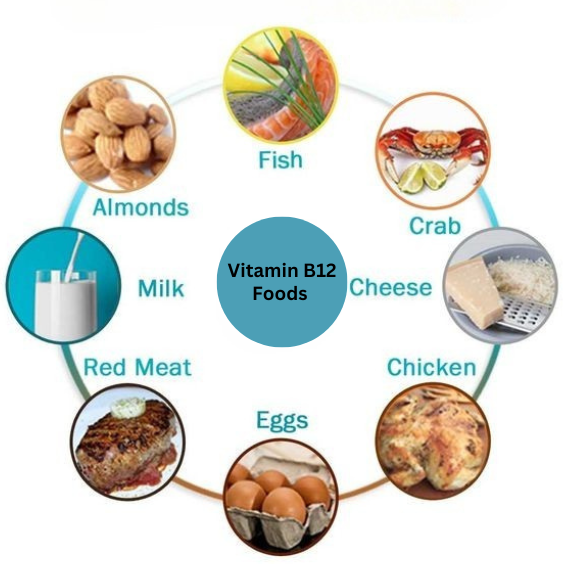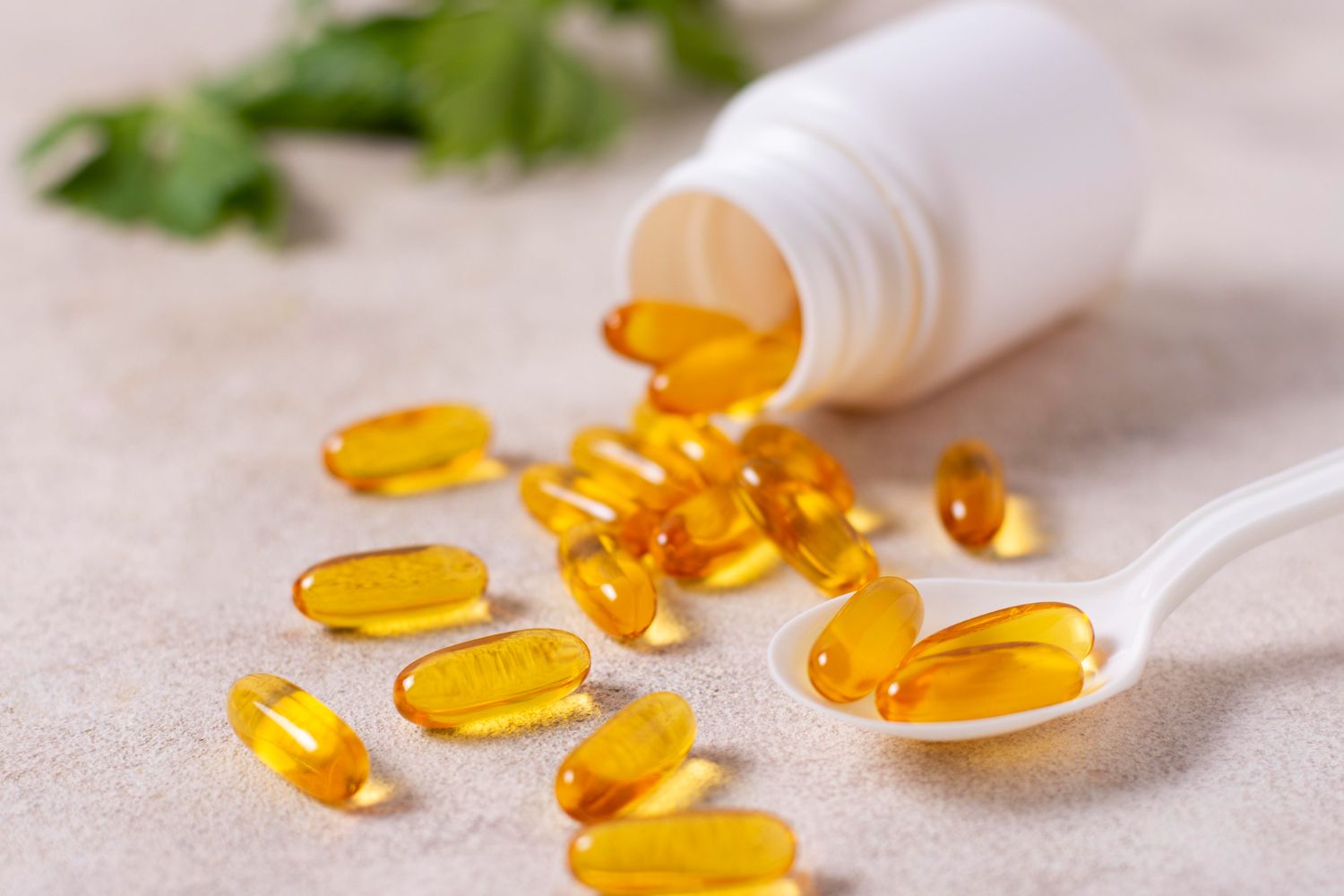Vitamin B12, a water-soluble vitamin, is an essential nutrient that our bodies can't produce on their own. Found naturally in a variety of animal foods and fortified foods, this nutrient plays a crucial role in our well-being. However, certain groups, such as those on a vegan diet or individuals with specific health conditions, might face an increased risk of vitamin B12 deficiency. Let's delve into the benefits of vitamin B12 and why it's so important for your health.
Understanding Vitamin B12
Vitamin B12, also known as cobalamin, is one of the eight B vitamins. It's unique because it's the only vitamin that can't be obtained from plant foods. Instead, it's naturally found in animal products like meat, dairy foods, and eggs. Fortified breakfast cereals, nutritional yeast products, and other fortified foods also contain this essential vitamin1.
The primary function of vitamin B12 is to aid in the formation of red blood cells, ensuring they are the right size and shape for optimum function. It also supports the brain and nervous system, contributing to normal function and preventing cognitive decline in older adults.
Why We Need Vitamin B12
Energy Boost
One of the key benefits of vitamin B12 is its role in energy production. It helps convert the food you eat into glucose, which gives you energy. A deficiency in this vitamin could lead to fatigue and weakness.
Red Blood Cell Formation
Vitamin B12 is essential for the proper formation and maturation of red blood cells. Without sufficient B12, red blood cells can become megaloblastic, leading to megaloblastic anemia. This condition can cause symptoms like fatigue, light-headedness, and shortness of breath.
Brain Function
Vitamin B12 plays a vital role in maintaining the health of your brain and nervous system. It's crucial for nerve function and the synthesis of neurotransmitters, which help your nerves communicate. A deficiency can lead to various neurological complications, including memory loss and decreased cognitive function.
Heart Health
Vitamin B12, along with folic acid and other B vitamins, helps control homocysteine levels in your blood[^10^]. Elevated homocysteine levels are a risk factor for heart disease. Therefore, maintaining adequate vitamin B12 levels can help protect your heart.
Vitamin B12 Deficiency: Causes and Symptoms
A vitamin B12 deficiency can occur for several reasons. Some people don't consume enough vitamin B12 in their diet. This is particularly common among those following a vegan diet or vegetarian diet, as they avoid animal-based foods.
Another reason could be the body's inability to absorb enough of the vitamin. This can occur in individuals who lack an intrinsic factor, a protein called intrinsic factor produced in the stomach that is necessary for vitamin B12 absorption.
Certain health conditions, such as celiac disease or Crohn's disease, can affect your body's ability to absorb B12. Older adults and individuals taking proton pump inhibitors for heartburn also face an increased risk of deficiency.
Symptoms of vitamin B12 deficiency can range from fatigue and weakness to more serious health issues like nerve damage and pernicious anemia.
Getting Enough Vitamin B12
The recommended dietary allowance (RDA) for vitamin B12 varies by age, but adults generally need about 2.4 micrograms per day. Pregnant women and breastfeeding mothers require a slightly higher amount.
Food sources are the best way to get enough vitamin B12. Animal foods such as meat, dairy products, and eggs are excellent sources. For those who follow a vegan diet, fortified breakfast cereals and nutritional yeast products can provide the necessary B12.
Dietary supplements are also available for those who can't get enough B12 through their diet. These come in various forms, including oral supplements and injections.
It's crucial to note that while vitamin B12 is a safe and essential nutrient, very high doses obtained through supplements might not be necessary and could lead to potential side effects, including allergic reactions.
The Role of Vitamin B12 in Pregnancy and Breastfeeding
During pregnancy, the demand for nutrients increases to support the developing fetus. Vitamin B12 is no exception and plays a crucial role in fetal brain development and function. A deficiency during this critical period can potentially lead to neural tube defects and other neurological disorders in the newborn.
Breastfeeding mothers also need to ensure they're getting enough vitamin B12. The vitamin is passed through breast milk to the baby, contributing to their neurological development and overall growth.
It's recommended that pregnant women consume 2.6 micrograms, and breastfeeding mothers consume 2.8 micrograms of vitamin B12 per day. Women following a vegan diet or those with absorption issues should consider fortified foods or supplements after consulting with a healthcare provider.
The Link Between Vitamin B12 and Mental Health
Emerging research suggests that there's a link between vitamin B12 and mental health. Several studies have found that low levels of this vitamin are associated with mood disorders, including depression and anxiety.
Vitamin B12 is involved in the synthesis of brain chemicals like serotonin and dopamine, which regulate mood. Therefore, ensuring adequate intake of this nutrient might contribute to improved mental health. However, more research is needed in this area to establish a direct cause-effect relationship.
How to Include More Vitamin B12 in Your Diet
Incorporating more vitamin B12-rich foods into your diet isn't difficult, especially if you consume animal products. Here are a few tips:
Include Seafood in Your Diet: Shellfish, particularly clams, and fish like salmon and tuna, are excellent sources of vitamin B12.
Eat More Dairy and Eggs: Cheese, milk, and yogurt not only provide vitamin B12 but also other essential nutrients like calcium and protein. Eggs, especially the yolk, contain decent amounts of B12.
Choose Fortified Foods: If you're following a plant-based diet, look for fortified foods. These include plant milk, breakfast cereals, and some types of bread.
Use Nutritional Yeast: Vegans often use nutritional yeast as a cheese substitute. It's also fortified with vitamin B12.
Remember, if you're struggling to meet your vitamin B12 needs through diet alone, consider a dietary supplement after consulting with your healthcare provider.
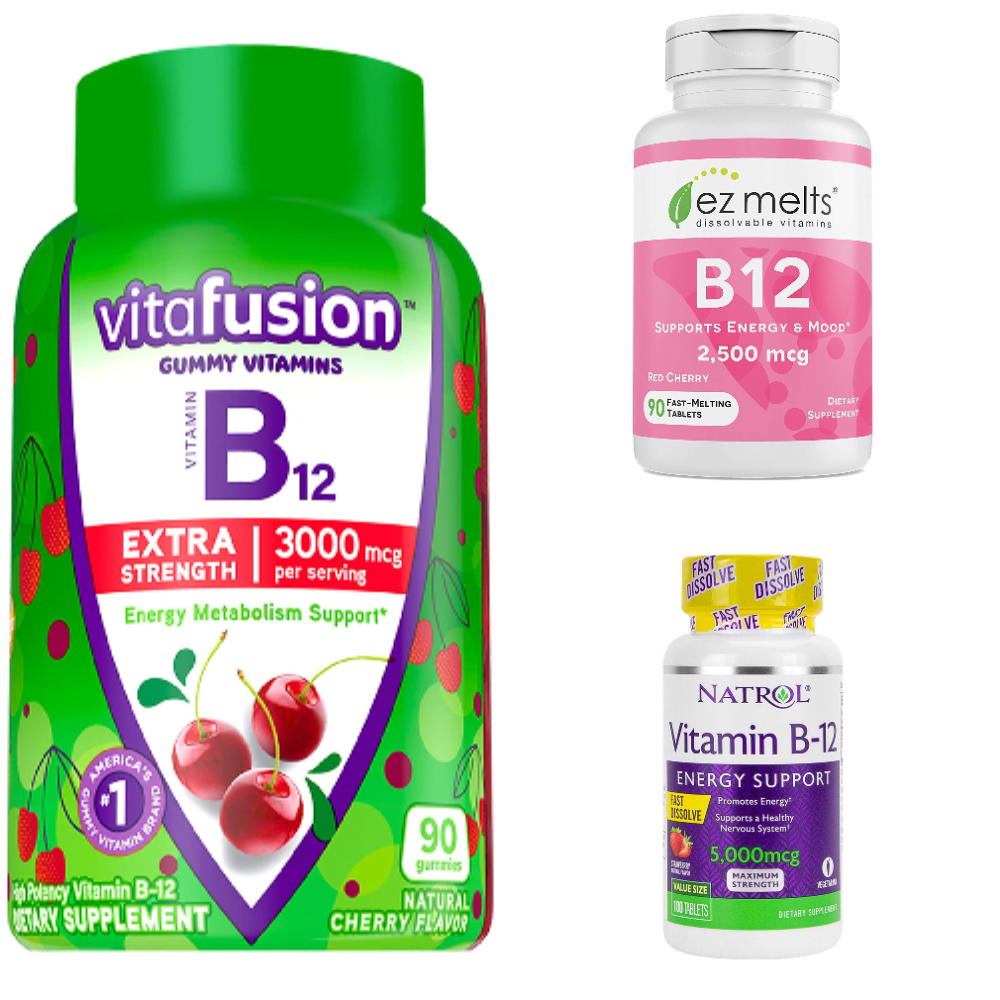
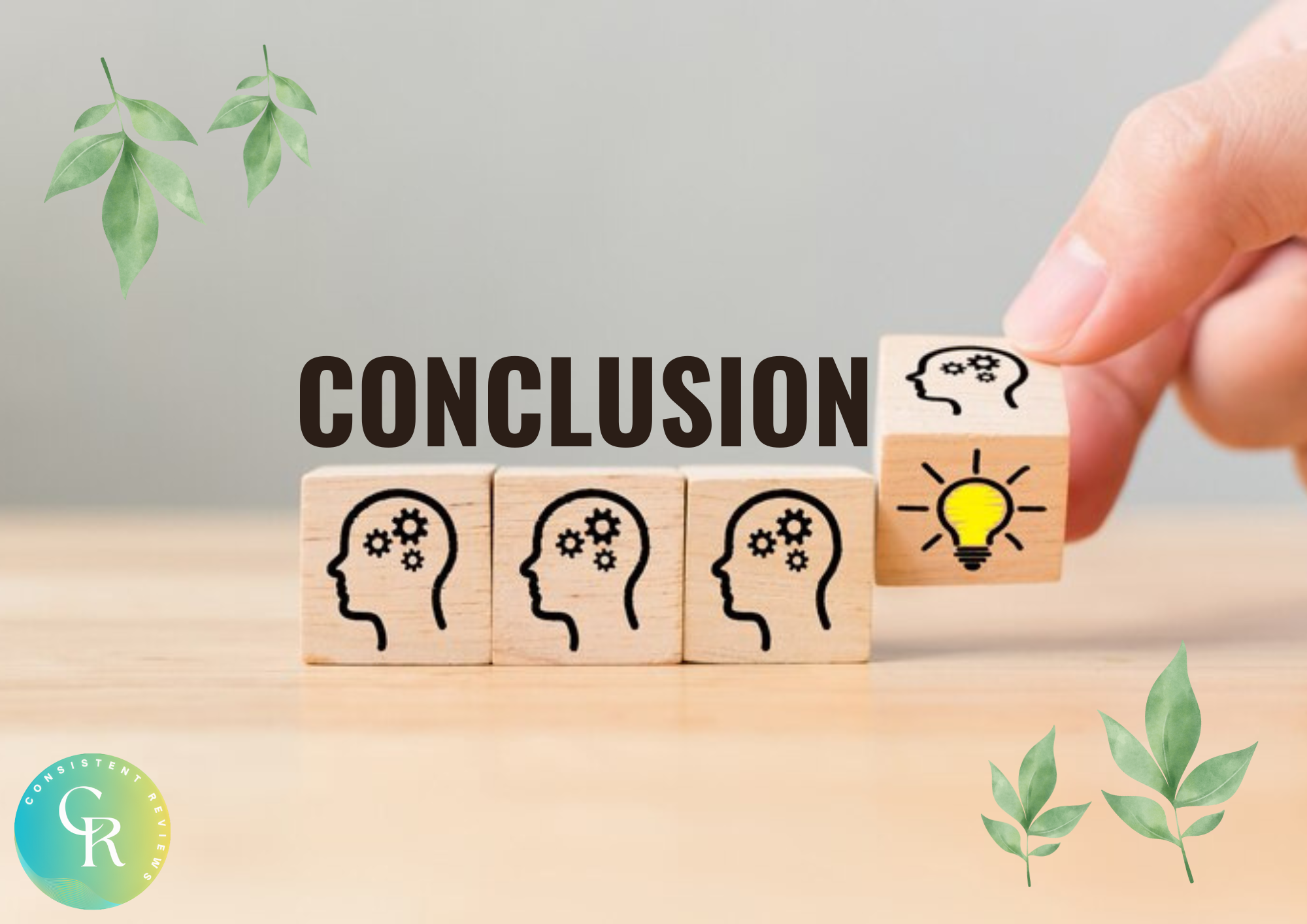
Vitamin B12 is an essential vitamin that your body needs for various functions, from red blood cell formation to brain function and energy production. Whether you obtain it from animal foods, fortified foods, or dietary supplements, ensuring you get enough of this vital nutrient is key to maintaining good health.
While a balanced diet should provide sufficient B12 for most people, certain groups—including those following vegan diets, older adults, and individuals with certain health conditions may need to pay particular attention to their intake. Always consult with health professionals if you suspect a deficiency or before starting any vitamin supplementation.
